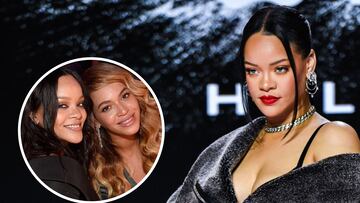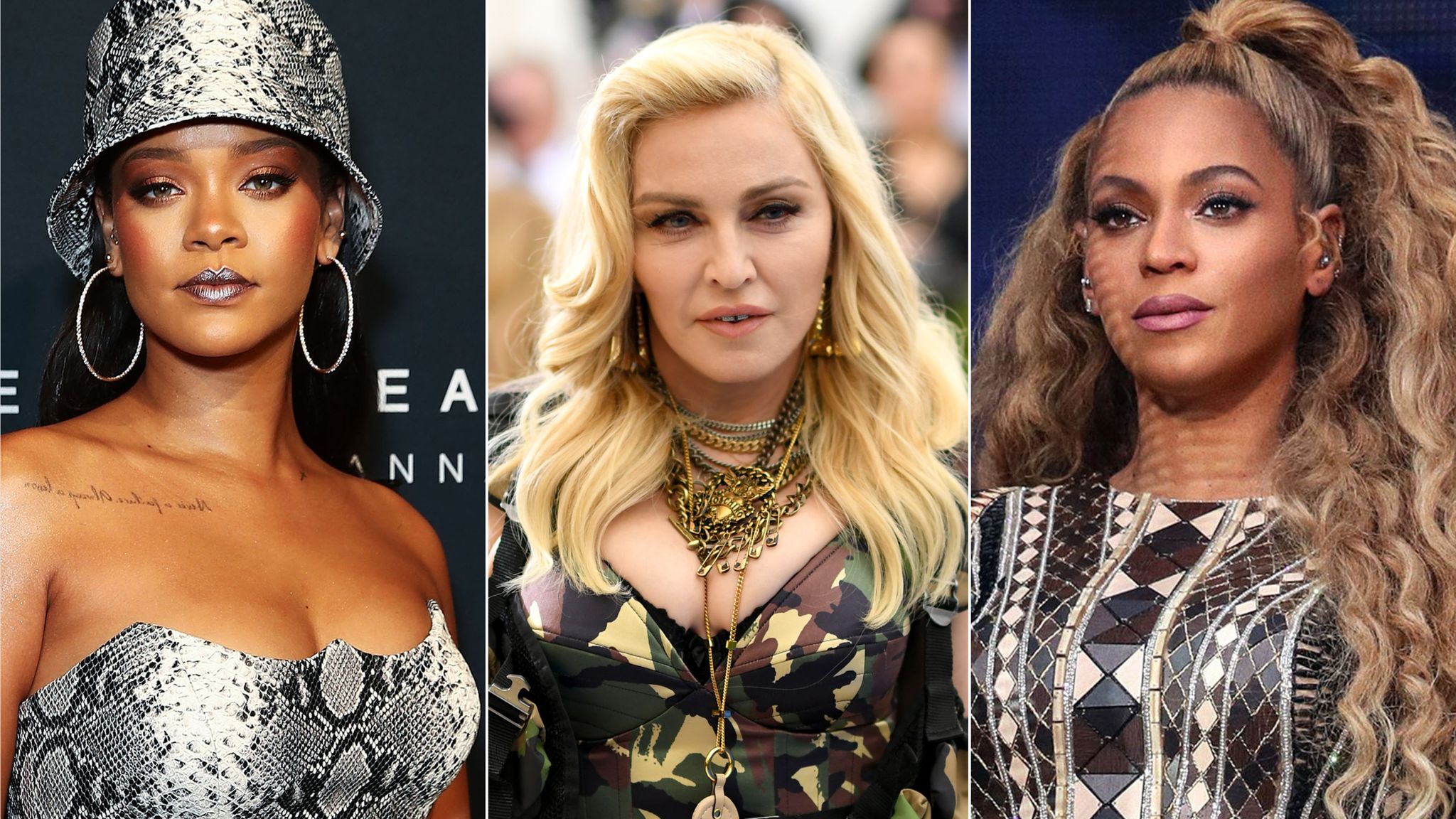The entertainment world has long been captivated by the rivalry, admiration, and occasional controversies among pop music’s leading icons. Recently, Beyoncé found herself at the center of another creative debate after musician Azealia Banks accused her of “borrowing” choreography from the Count Contessa music video, originally created by Banks’ former dancer Ashanti. In a series of statements, Banks didn’t hold back her critique of Beyoncé, challenging her authenticity and calling out a pattern of what she sees as the pop star adopting and amplifying the work of other artists without acknowledgment.
According to Banks, it wasn’t merely choreography at stake—she questioned the entire premise of Beyoncé’s brand. Banks alleged that Beyoncé, who often promotes female empowerment, was instead exploiting the creative visions of talented women for her own gain. In Banks’ words, “Beyoncé needs to get over herself and just hire me.” Her critiques extended to how Beyoncé has positioned herself as a trailblazer when, according to Banks, she has capitalized on trends established by other Black women in the industry.

Banks isn’t the only one to have voiced such opinions. In a separate incident, neo-soul legend Erykah Badu also seemed to express some shade toward Beyoncé, sparking a conversation about originality versus homage. While on her Renaissance tour, Beyoncé donned a mirrored chrome hat—an accessory style that has long been associated with Badu. The queen of eclectic headwear responded with a post that juxtaposed Beyoncé’s hat with her own iconic style, captioned, “I guess I’m everyone’s stylist’s favorite – chrome mirror hat.” For Badu’s fans, it was clear: Beyoncé’s look may have been too close for comfort. Yet, as always, some fans defended Beyoncé, arguing that she frequently wears hats and that such an accessory aligns with her tour’s aesthetic. Still, Badu’s follow-up comments left fans guessing about her true feelings on Beyoncé’s creative choices.
Amerie’s One Thing and the Sound that Shaped Beyoncé’s Hits
Another story that fans often bring up is Amerie’s experience with One Thing, her 2005 breakout single that featured a distinctive go-go beat. Produced by Rich Harrison, who also worked on Beyoncé’s Crazy in Love, Amerie’s track gained popularity but left her fans wondering if her signature sound had been “recycled” for Beyoncé’s benefit. Amerie has often emphasized her go-go sound’s uniqueness, especially its rarity outside her hometown of Washington, D.C., and expressed disappointment over the industry’s treatment of her work, which was later mirrored in Beyoncé’s hits.

Rumors have also circulated for years regarding tension between Beyoncé and another music giant, Rihanna. Known as Jay-Z’s protégée, Rihanna was close to him during her rise to fame, which sparked speculation about a rivalry fueled by personal and professional dynamics. Both stars have achieved phenomenal success, but the perception of favoritism and alleged personal connections to Jay-Z created a narrative that Beyoncé and Rihanna’s rivalry was more than just friendly competition.
The Controversial Claims of Foxy Brown
Rapper Foxy Brown also voiced allegations against Jay-Z, claiming he engaged in questionable behavior with her during her teenage years. Brown’s claims hinted at a darker side of the music industry and echoed the complicated relationships female artists often navigate. She alleged that Jay-Z had used his power to manipulate and control her career, a sentiment that resonates with many artists who feel constrained by industry norms and power dynamics.
Beyoncé, Rihanna, and Industry Pressures
As two of the most powerful women in music, Beyoncé and Rihanna have each pursued unique paths to stardom—Beyoncé with her meticulously crafted image of perfection and female empowerment, and Rihanna with her unapologetic authenticity and entrepreneurial spirit. For many fans, the recurring “Beyoncé is copying” controversy raises a question: Is her influence an homage to other artists or merely an industry pattern?
In any case, there’s no denying that Beyoncé and Rihanna each have made lasting impacts on music, fashion, and culture. From Banks’ unfiltered critique to Badu’s chrome hat jab, it seems that the music world remains divided.





